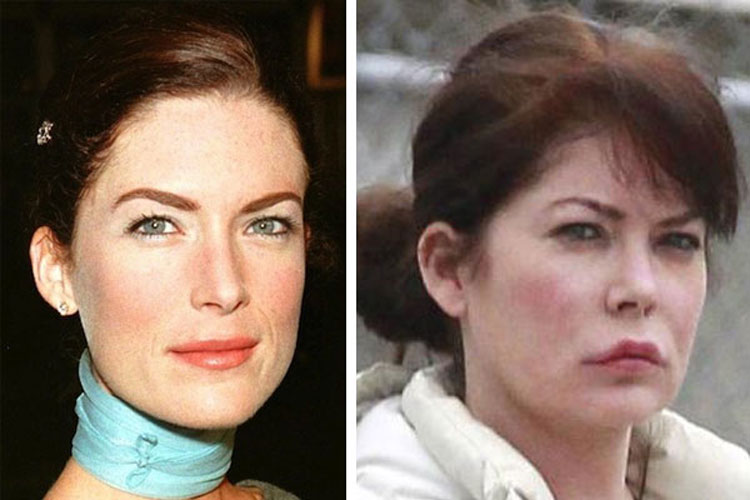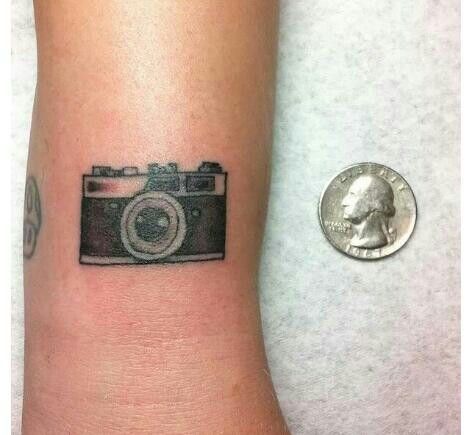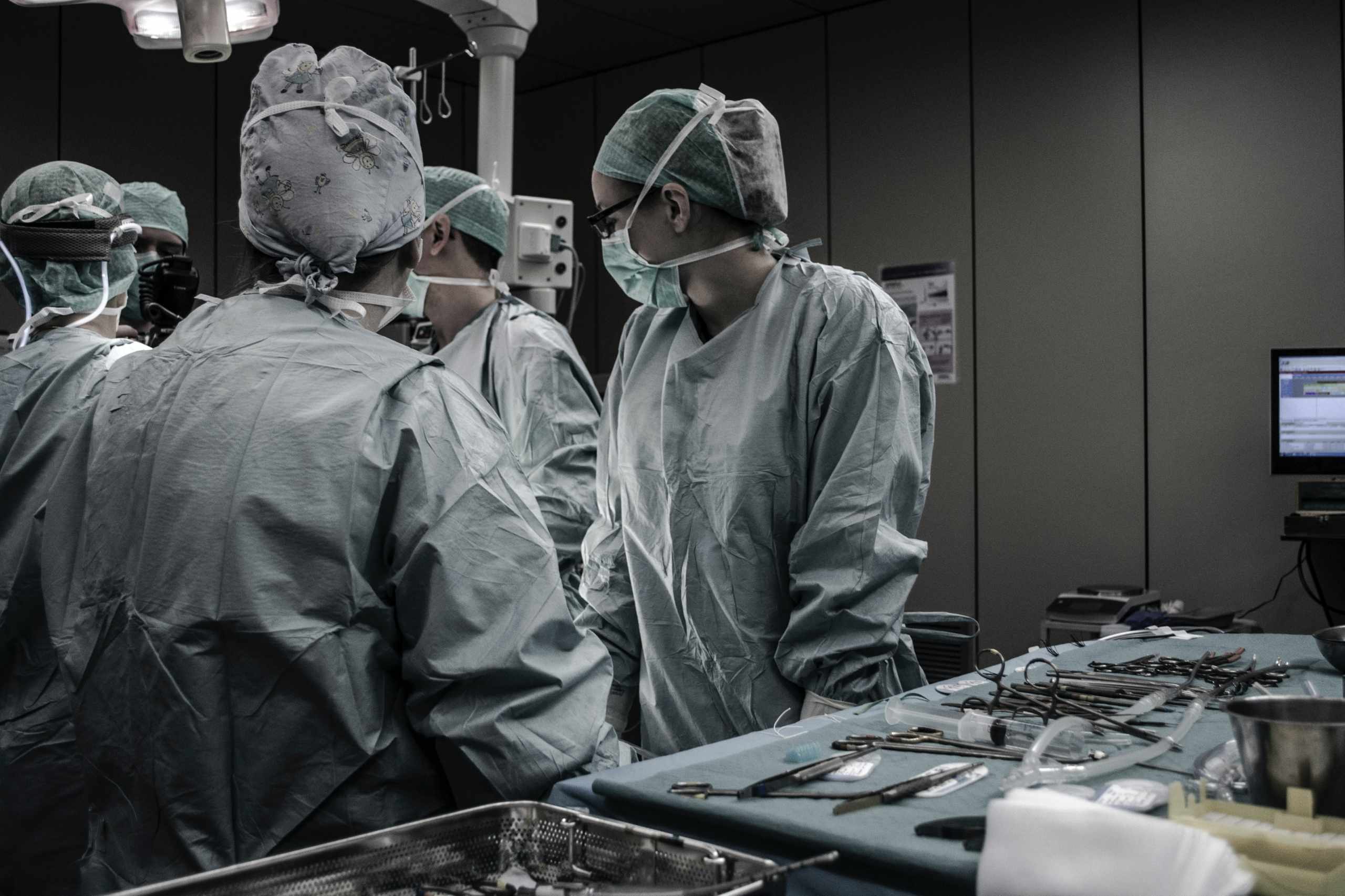BOTCHED!: The Complications and Risks of Plastic Surgery

Did you get plastic surgery? Looking to get cosmetic surgery?In any case, like any surgery – the risks of plastic surgery remain and can be detrimental to your overall health.However, under no circumstance should they be used to sway you against your choices. Nonetheless, it’s best to be aware, then scared.Keep reading to discover the Complications and Risks of Plastic Surgery.
What Is Plastic Surgery?
Plastic surgery is a cosmetic surgery, which involves the procedure of some sort of reconstruction on the skin or flesh. A great example of plastic surgery is to repair a burn scar.
In many cases, plastic surgery is done to repair the damage. However, cosmetic surgery is elective and is often chosen to enhance the bodily image. Breast reduction or augmentation, facelifts are all examples of cosmetic surgery.
Because of it being elective, an insurance institution will rarely pay for it. That means most people will have to pay out of pocket. Therefore, the legal ground can be difficult to prove.
Anyway, let’s take a look at the risks of plastic surgery.
Risks of Plastic Surgery
As mentioned earlier, all surgery has the potential for risk. Plastic surgery is no exception. So here are some examples:
Poor Results
The greatest fear of plastic surgery patients is the potential for poor results. Not only can it fail to improve your appearance, but it can also ruin your appearance from its baseline.
Nerve Damage
Nerves can be damaged or severed during plastic surgery. The result is obvious if it is a facial nerve as it will come with the inability to move parts of the face, lack of mobility in the mouth, or dropping of the eyes.
Scarring
A great risk of plastic surgery is scarring. And even though it is easily prevented, it can still occur. Patients can decrease risks of scarring via not smoking, eating well, and following the directions of the surgeon.
Hematoma
A hematoma is a locale of blood, outside of the vessel. It can develop after surgery and makes the area swollen, and even in some cases bruising. In most cases, this is minor.
But a large enough hematoma can cause pain, and decrease blood flow to the area. If it does occur, a surgeon might choose to remove the collected blood via a syringe.
Infection
Every surgery comes with the risk of infection. Appropriate wound care, hand washing, and hygiene can help prevent infection.
Bleeding
Bleeding can and will occur. If it becomes an issue of excess, or the blood continues to spill when the wound should have healed – this can be a sign of being too active after the procedure or having poor treatment.
Necrosis
Death of tissue is called necrosis, and it can occur after a procedure. In most cases, it is minor and obsolete, as a regular wound will remove all dead tissue from the area of operation.
Death
The worst of worst is death, and it can occur with any surgery. Even though the risk is less than a single percent, it’s possible for death to occur, even with the slightest of surgeries.
If you suspect medical malpractice and need to hire a wrongful death attorney, check this out.
Blood Clots
A blood clot is a common risk of plastic surgery, not just cosmetic. The most common is deep vein thrombosis, a clot in the leg. A DVT will require medical attention but does not threaten your life.
Unless the clot starts to move up the veins to the heart and lungs, that can be a medical emergency and will require immediate treatment.
Seroma
Much like a hematoma, a seroma is a locale of lymphatic fluid around the injury site. The clear fluid will build up in a pocket near the treated area. If there is too much fluid, a surgeon will reduce the pocket via a syringe.
Seromas are most common with invasive cosmetic procedures, such as a tummy tuck.
Anesthesia Problems
A patient can tolerate anesthesia without issue. However, some complications can arise due to anesthesia, and in some cases, death. The risk is very slight, but it does exist nonetheless.
Reducing the Risk
As a patient, you are capable of risk reduction. The best way to reduce the risk is to choose a surgeon who performs the procedure regularly and is known for his good work.
Implementing lifestyle changes, such as quitting smoking, a healthy diet, exercise before surgery will help you heal faster, and prevent scarring.
Some surgeons will not perform on smokers because of the final outcome. So it’s best to get on your vices and take control of your life. If you want to look good on the outside, you should probably try to look good on the inside as well.
And this is done via self-love, care, hygiene, and proper life maintenance.
Plastic Surgery Done Right
Now that you understand the risks of plastic surgery, you are well on your way to determining, if it is still worth it. And once again, they are not meant to undermine your choices. But only as a reminder, that even the safest of procedures can go wrong.
Keep that in mind. In any case, this is your life and your body. You choose what to do with it, so do what you think is best. What’s best for you is best for all of us.
If you’re interested in reading similar articles, check out some of our other blogs.
Good luck!
 Tagged:
risks of plastic surgery
Tagged:
risks of plastic surgery



![Is Shrek on Netflix? Where to Watch All Parts on Netflix [2022]](https://tattoomagz.org/wp-content/uploads/Watch-Shrek-on-Netflix.jpeg)







